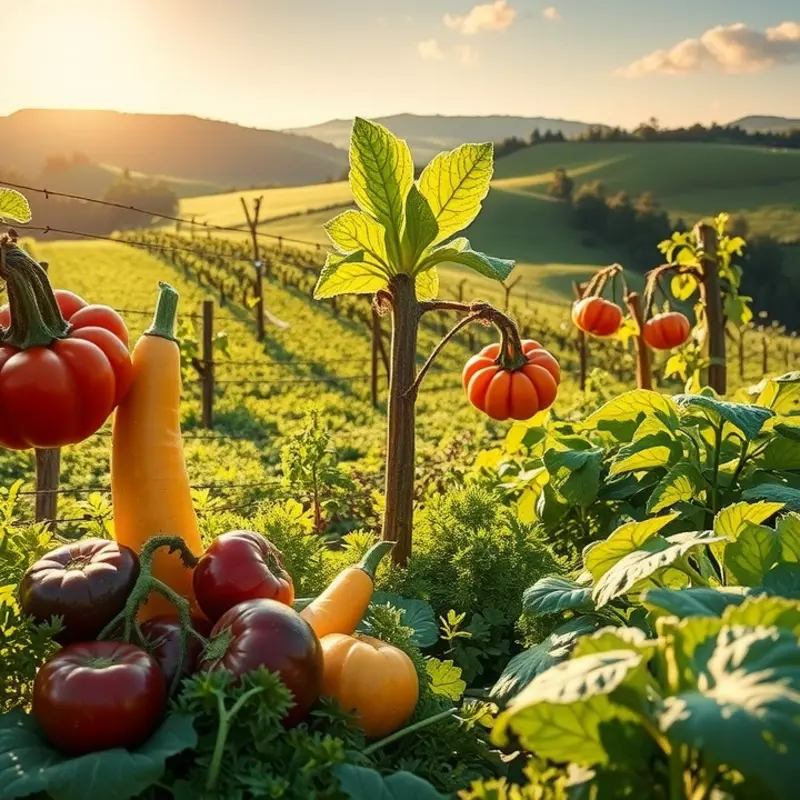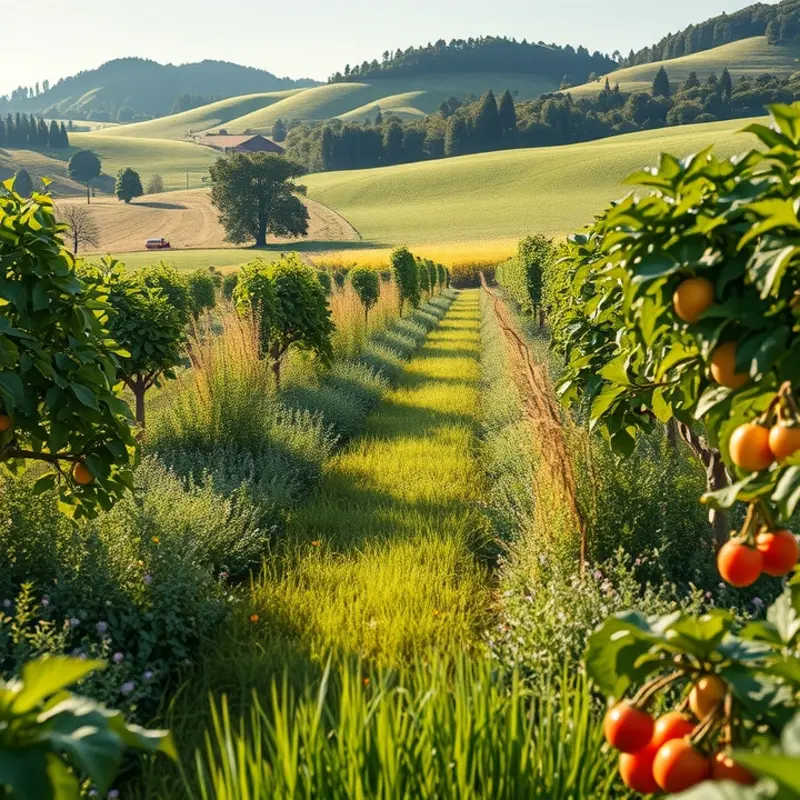Breakfast is a vital meal that sets the tone for the day, and choosing eco-conscious breakfast cereals is a rewarding step towards environmentally-friendly eating. With growing awareness of our planet’s needs, many individuals seek ways to align their food choices with their values, especially during breakfast. From sourcing organic ingredients to minimizing packaging waste, today’s eco-conscious cereals offer a plethora of benefits that nourish both you and the Earth.
Understanding the Impact of Breakfast Choices

Breakfast cereals may seem like a simple choice, but their environmental impact is complex. Conventional cereals often rely on mass-produced grains, which can lead to deforestation. Vast tracts of rainforest have been cleared to make way for monoculture crops like corn and soy. This not only destroys natural habitats but also releases significant amounts of carbon dioxide into the atmosphere.
Moreover, conventional farming practices rely heavily on synthetic pesticides and fertilizers. These chemicals can contaminate soil and waterways, harming ecosystems and reducing biodiversity. In contrast, choosing cereals from organic sources supports farming practices that are gentler on the environment. Organic farming avoids harmful chemicals, helping to preserve soil health and protect water sources.
The sourcing of cereal ingredients also involves ethical considerations. Many conventional cereals use grains that are not sourced through fair trade practices. This often results in poor working conditions for farmers and workers in developing countries. By selecting cereals that prioritize fair trade, consumers can support better labor practices and contribute to global social equity.
Packaging is another critical factor. Most conventional cereals are packaged in non-recyclable plastic bags and boxes coated with chemical layers. This packaging contributes to the growing problem of plastic waste in oceans and landfills. Brands that offer cereals in biodegradable or recyclable packaging help reduce this waste. Paper bags, compostable liners, or bulk buying options are sustainable alternatives that significantly lower the ecological footprint.
A major aspect of breakfast cereal consumption is its carbon footprint. From production to transportation, everyday cereal choices contribute to carbon emissions. Local sourcing of ingredients and environmentally-friendly packaging reduce these emissions, providing a greener start to the day.
Switching to eco-conscious breakfast cereals is a vital step towards sustainability. By choosing organic, fair-trade options and supporting brands with sustainable packaging, consumers can enjoy a breakfast that aligns with their environmental values. For more tips on reducing waste in the kitchen, you can explore eco-smart kitchen storage strategies.
Each choice in our morning routine has environmental implications. Shifting to environmentally-friendly cereals might seem small, but collectively, these choices can lead to significant positive change. It allows individuals to reduce their ecological impact, promote biodiversity, and support ethical labor practices, making it a truly green start to the day.
Choosing the Right Eco-Conscious Cereals

When embarking on a journey toward sustainable eating habits, selecting the right breakfast cereal is a great starting point. To make an eco-friendly choice, one must navigate through various labels and certifications. Understanding these marks can empower consumers to make better decisions.
Key certifications to seek include USDA Organic, which guarantees the absence of synthetic fertilizers and pesticides, promoting healthier soil and biodiversity. Another important label is Fair Trade, which supports ethical labor practices and fair compensation, creating a positive social impact. Additionally, look for the Non-GMO certification, ensuring the cereal ingredients are free from genetically modified organisms, thus supporting biodiversity and reducing agricultural pollution.
Apart from certifications, choosing cereals with alternative grains can significantly reduce environmental impact. Grains like quinoa, spelt, and flaxseeds offer nutritious options that require less water and fewer pesticides compared to conventional cereal grains like wheat. Quinoa, rich in protein and essential amino acids, thrives in poor soil conditions with minimal water. Spelt is not only nutrient-rich but also grows well without synthetic fertilizers. Flaxseeds provide a boost of omega-3 fatty acids and contribute to soil health through crop rotation practices.
Practical tips can also enhance the sustainability of your breakfast routine. Consider buying cereals in bulk to minimize packaging waste and save on costs. Planning your meals for the week further reduces waste by preventing the accumulation of uneaten food. Utilizing resources like eco-smart kitchen storage helps preserve cereal freshness, extending shelf life and reducing spoilage.
When assessing brands, research those committed to sustainable sourcing and transparency in their supply chains. High-quality brands often invest in regenerative farming practices, which restore ecosystems and improve soil health over time. By supporting companies that prioritize eco-friendly initiatives, consumers can drive demand for sustainable products.
Finally, making thoughtful choices in your cereal selection not only supports environmental stewardship but also enhances nutritional intake. Opting for cereals high in fiber, protein, and essential nutrients without excessive sugar content aligns with both health and sustainability goals. As consumers increasingly prioritize eco-values, small choices in daily routines like breakfast can collectively lead to significant environmental change.
Final words
Choosing eco-conscious breakfast cereals is more than just a dietary preference; it’s a conscious decision to support sustainability and lessen your ecological footprint. As awareness grows, consumers play a crucial role in demanding better practices from companies. By opting for cereals that prioritize organic ingredients, ethical sourcing, and sustainable packaging, you actively contribute to a healthier planet. Recharge your mornings with nourishing options that are good for you and the environment, setting a positive tone for the day ahead.








